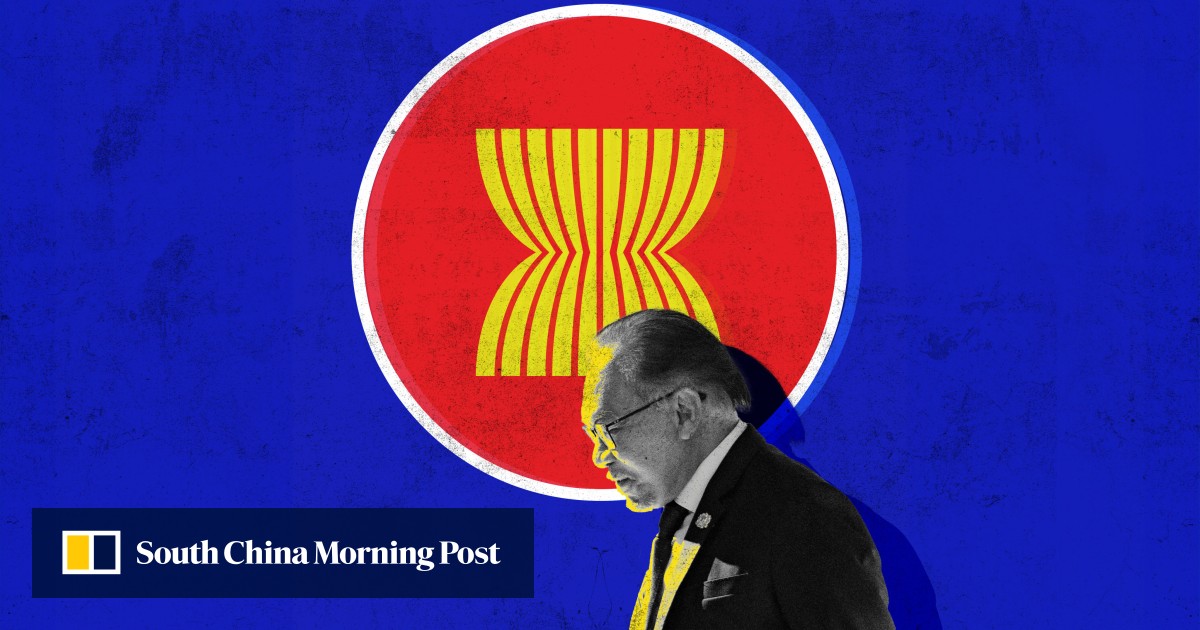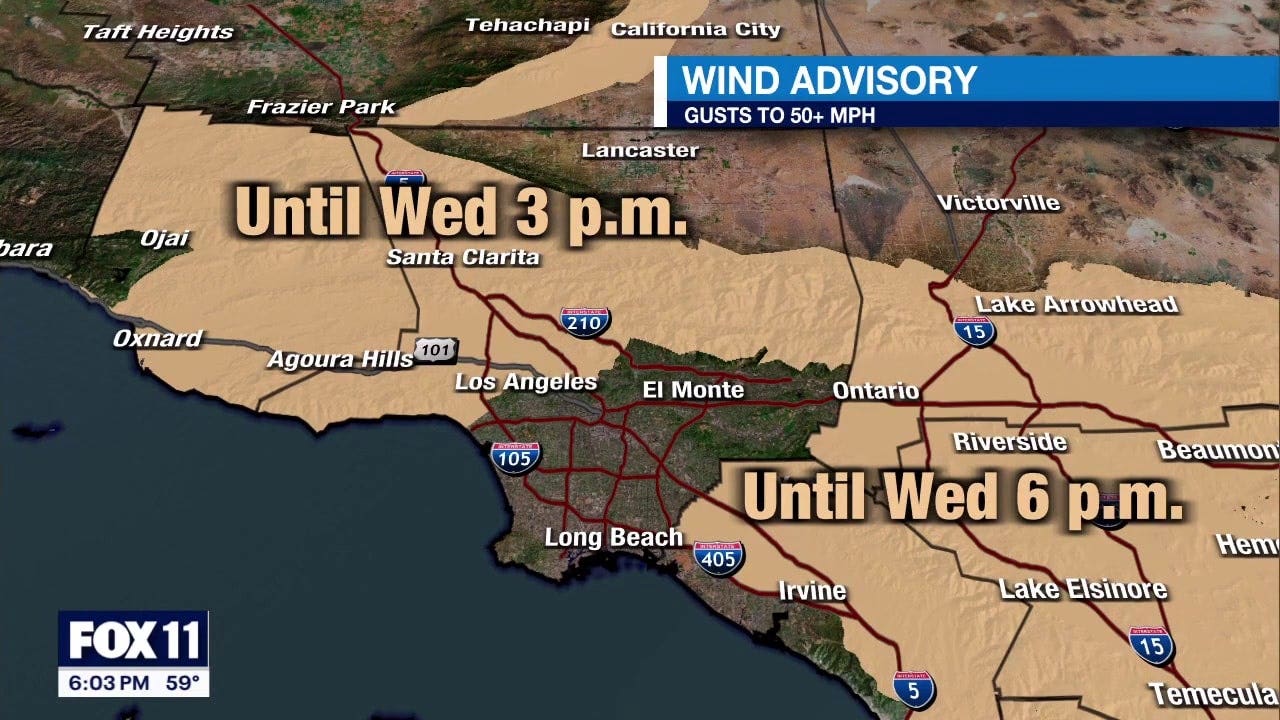For Anwar, 77, this is a crowning moment in a career that has weathered persecution, imprisonment and decades in opposition. Since taking office in late 2022, he has worked to restore Malaysia’s global reputation after years of domestic political turmoil and introspective government.
His international outreach has seen him rattle through visits to China, the US, India, Russia and Turkey – to name but a few – signalling his administration’s focus on foreign relations and an acute awareness of the security and economic challenges ahead.
Taken as a whole, the bloc represents the fifth-largest economy on Earth with a combined gross domestic product of US$3.6 trillion, growing at a combined 4.5 per cent in 2024.
Yet its effectiveness remains constrained by consensus-driven decision-making that can render it toothless when it comes to the most pressing issues. Critics have derided Asean as a “talking shop” incapable of decisive action, and Malaysia’s year in charge is unlikely to escape the same scrutiny.
“Chairs will be judged by how they manage – or mismanage – hot button issues, of which there are plenty for Malaysia to juggle this year,” Thomas Daniel, a foreign-policy analyst from Malaysia’s Institute of Strategic and International Studies, told This Week in Asia.






